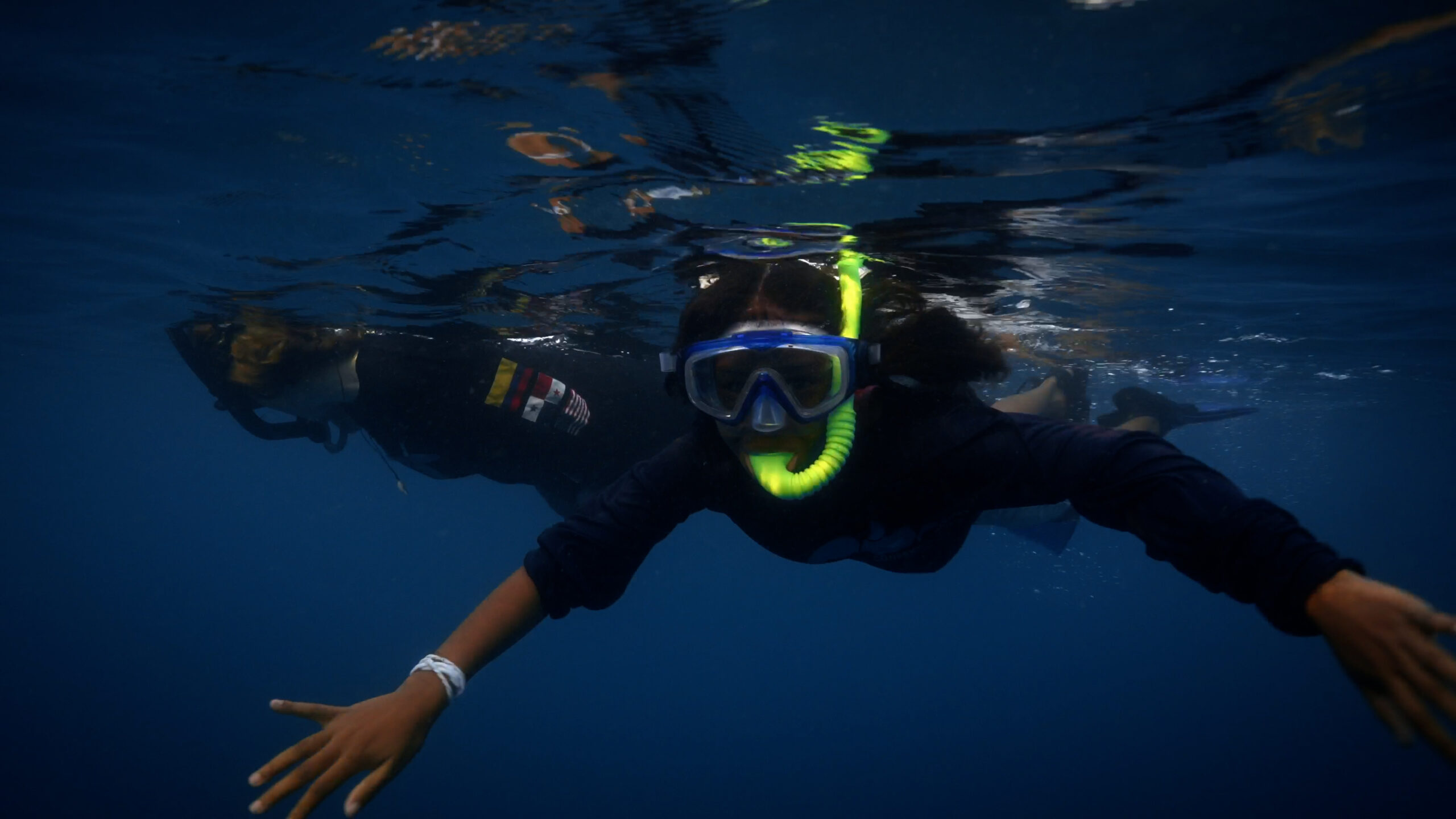Ecotourism is travel that centers sustainability, conservation, and education about local cultures and ecosystems. It has been growing in popularity in recent years as more people understand the negative impacts that traditional tourism can have on local communities and the environment. It is especially common in countries with a sustainable ethos and lots of natural beauty, like Costa Rica, Iceland, and New Zealand.
There is no single way to be an ecotourist. It could mean staying in accommodations with small environmental footprints, eating locally-grown food, or going on nature walks or whale watching trips led by local guides who share their community’s ecological knowledge. Ideally, money spent on ecotourism trips goes directly to the local community and conservation efforts—a model spotlighted in the Wild Hope episode “Protecting Paradise.”
However, ecotourism is controversial, as it isn’t always as sustainable or beneficial as intended. If an influx of new visitors isn’t effectively managed, for example, ecotourism can cause overcrowding, disrupt local economies and cultural traditions, and stress wildlife. Anyone planning an ecotourism holiday should carefully research their trip and partner with reputable tour operators.
